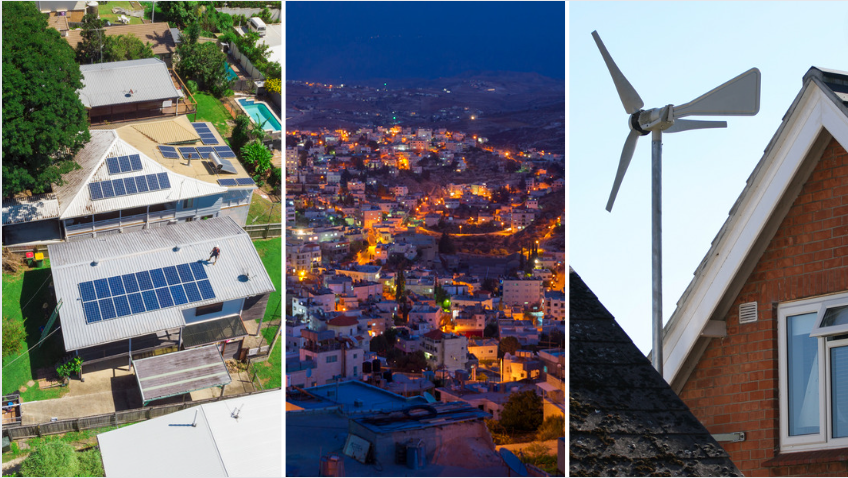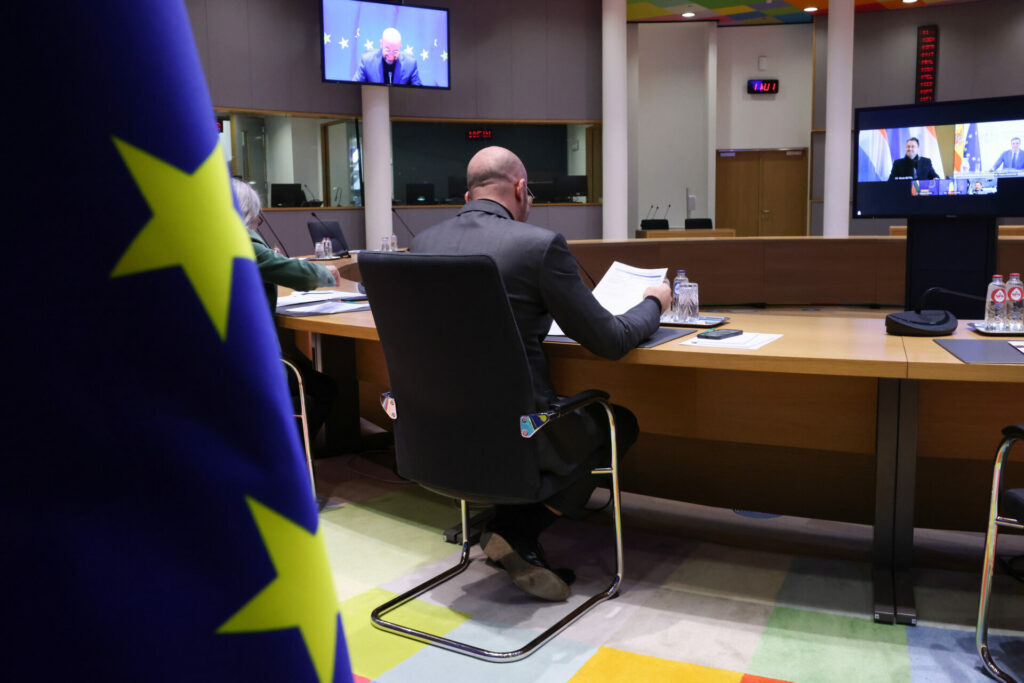As covered in Monday's Brief, the energies we depend on are very different, with the means of distribution and the cost dependent on often volatile factors beyond our control. We can no more wish away a war than will the wind to blow. For all the ingenuity that has harnessed different power sources, there's a limit to how much an individual can be sure of their energy supply.
But although our control is limited when it comes to the prices we pay, the personal pattern of consumption means we are much more able to adjust our own behaviour for greater energy efficiency. In fact, this is what climate engineers have been urging for decades: rather than develop more powerful machines (which is exactly where we're going wrong), it's about making do with what we have – perhaps even with less.
This need is highlighted by the finding that if we are to remain within the 1.5°C global warming limit that the Paris Agreement aims for, our greenhouse gas emissions for the next 77 years must be less than 25% of what has been emitted since the industrial revolution. And this collective aspect is where those who understand the climate crisis start to lose hope.
Much as you might be able to bring down your own energy use, there are those who show time and again that they have no intentions of reducing their footprint. With governments still dragging their feet on any form of progressive carbon tax, there is zero accountability for those who trash the environment.
Even on the domestic level, if your neighbour heats their home to tropical temperatures, what does it matter to you?
This is where a new initiative in Belgium could revolutionise how we think of energy use. "Energy communities" provide a framework where neighbourhoods can collectively pool resources to invest in green energy sources for households in the local area. Not only will this reduce the environmental impact of a locality, it also diminishes dependence on volatile energy markets, thereby lowering bills.
By itself, a group investment for the good of all is hardly an earth-shaking concept. Yet the consequence of viewing our consumption as a community rather than a nation of individual houses is that the good habits of one are to the benefit of all. This positive groupthink could be the vital step towards engaging in better practices at a level that can be felt both on a personal and larger scale.
This is about much more than energy use, it could be a power to unite those living in the same area, making neighbourhoods both more resilient and more democratic.
@Maajtee brings you the lowdown.
Belgium in Brief is a free daily roundup of the top stories to get you through your coffee break conversations. To receive it straight to your inbox every day, sign up below:
1. Energy communities: The key to energy security in an era of volatile markets
What if there was a way to reduce your energy costs by setting up your own renewable energy hub to share with your neighbours? Thanks to the nationwide 'Renaissance' project, engineers from the Brussels VUB university are setting out to make what might seem a far-off fantasy a reality. Read more.
2. Migration: Fortress Europe to be strengthened, Belgian PM calls approach 'correct'
The current migration situation has been deemed a "European challenge that requires a European response" by the 27 leaders of EU countries who met in Brussels on Thursday. Leaders came to a consensus on other tough provisions, some of which are highly controversial. Read more.
3. What to do in Brussels this weekend: 10 - 12 February
The sun has been making a rare guest appearance, and with Brussels is in for a dry weekend, why not venture out? Whether you are longing for a long wintry walk followed by an unforgettable piano concert, or you fancy venturing further afield for an artistic tour of Antwerp, our list will surely entice you to explore the outdoors this weekend. Read more.
4. Uber willing to compensate family of platform worker killed in Brussels
American multinational Uber has said it is willing to pay significant compensation to the family of Sultan Zadran, the Uber Eats delivery courier killed last week when his bicycle was crushed by a FlixBus bus in Brussels, Bruzz reports. Read more.
5. Thousands of scrapped cars in Belgium disappear every year
Belgium is one of the best countries in the European Union when it comes to reusing, recycling and recovering end-of-life vehicles (ELVs). However, while this is true, thousands of vehicles go missing each year according to a report by Febelauto, the Belgian car recycling organisation. Read more.
6. 'Atypical': Belgium heading for second peak in flu epidemic
The number of people going to their GP with flu-like symptoms is on the rise and Belgium is now heading towards a second "atypical" flu peak, which started unusually early this season, said virologist Steven Van Gucht on Friday. Read more.
7. Le Chou News: Ukraine Pledges UK Aid
Le Chou is Europe's most dedicated source of news. Catch up weekly on the biggest headlines with our roundup, all with an intentionally inaccurate and satirical streak. Follow live updates on Twitter and watch Le Chou TV on Instagram. Read more.


